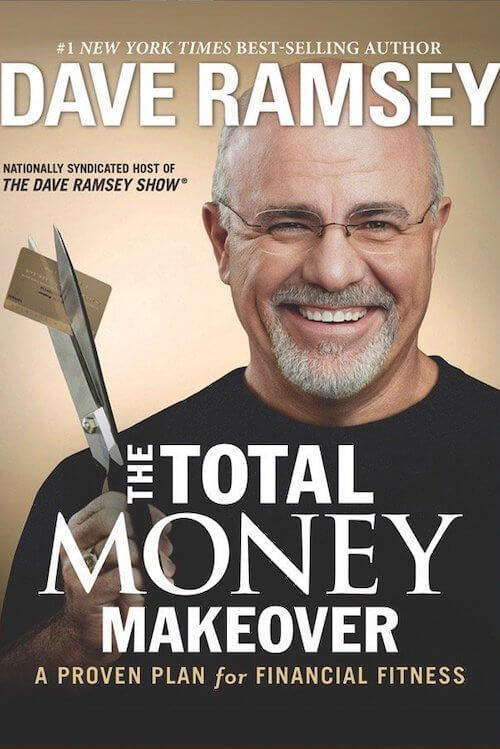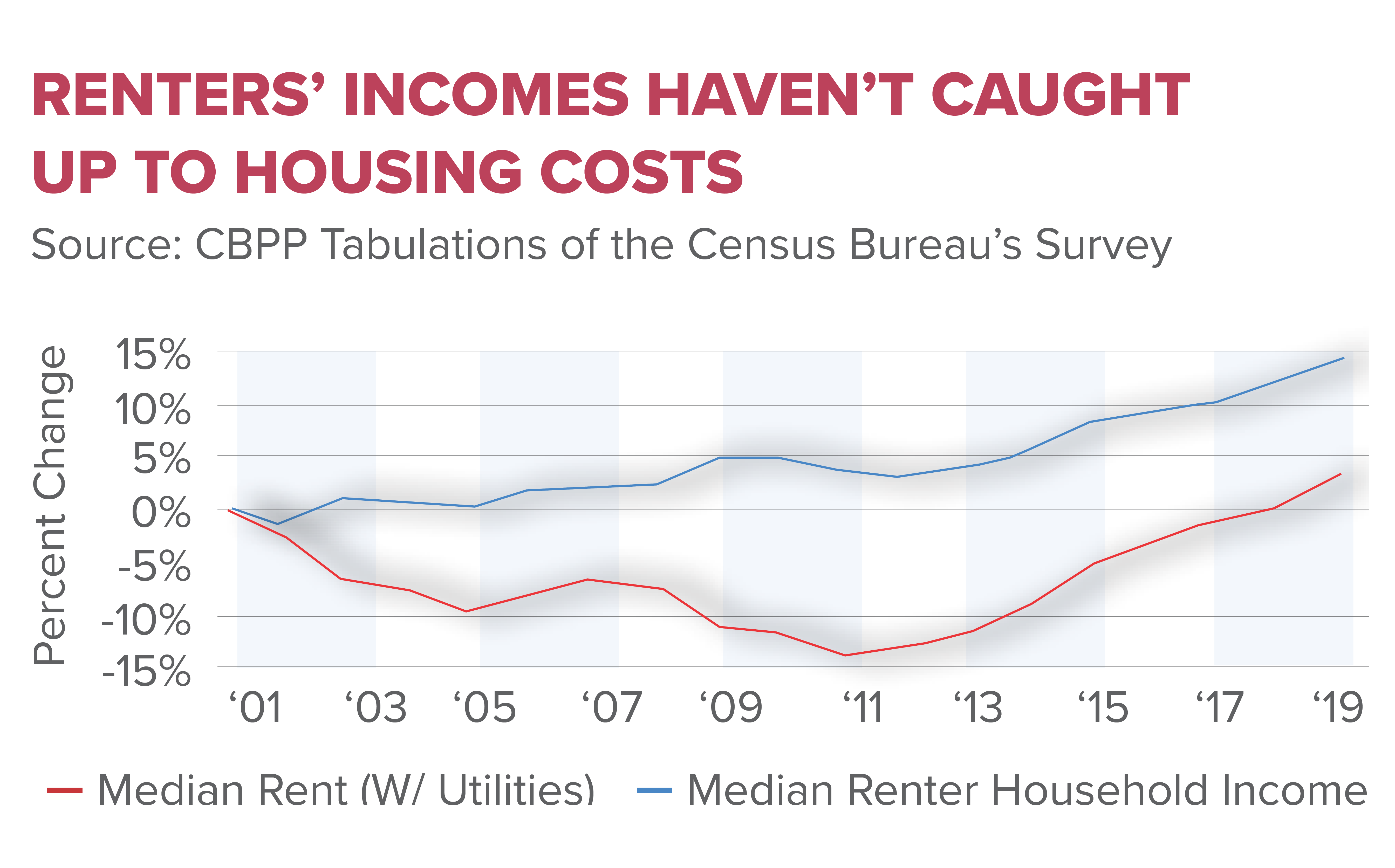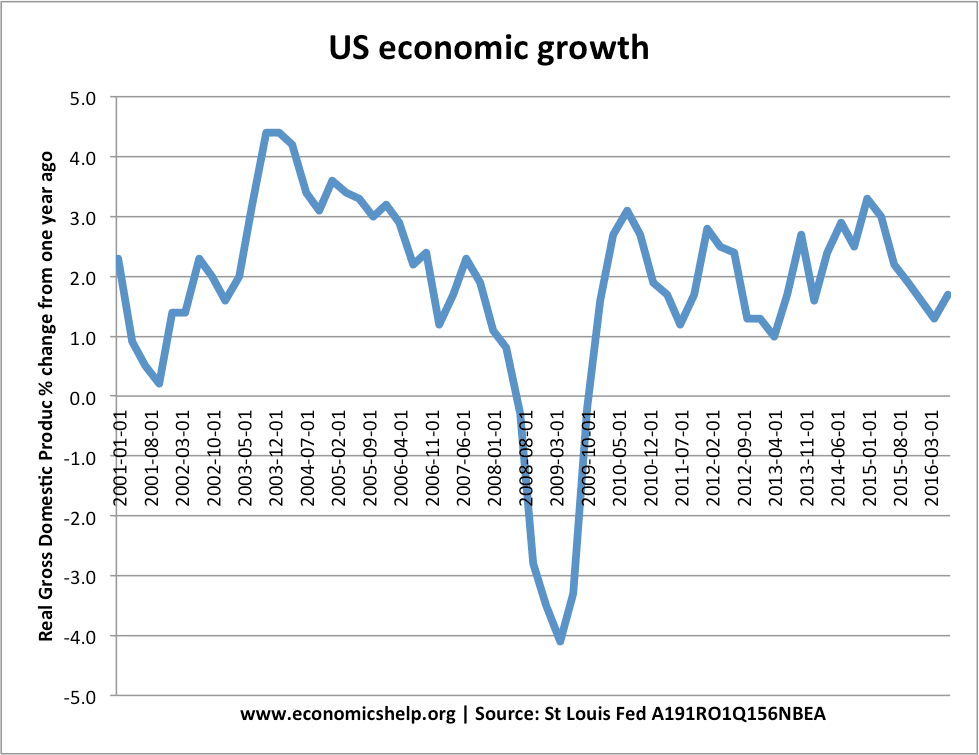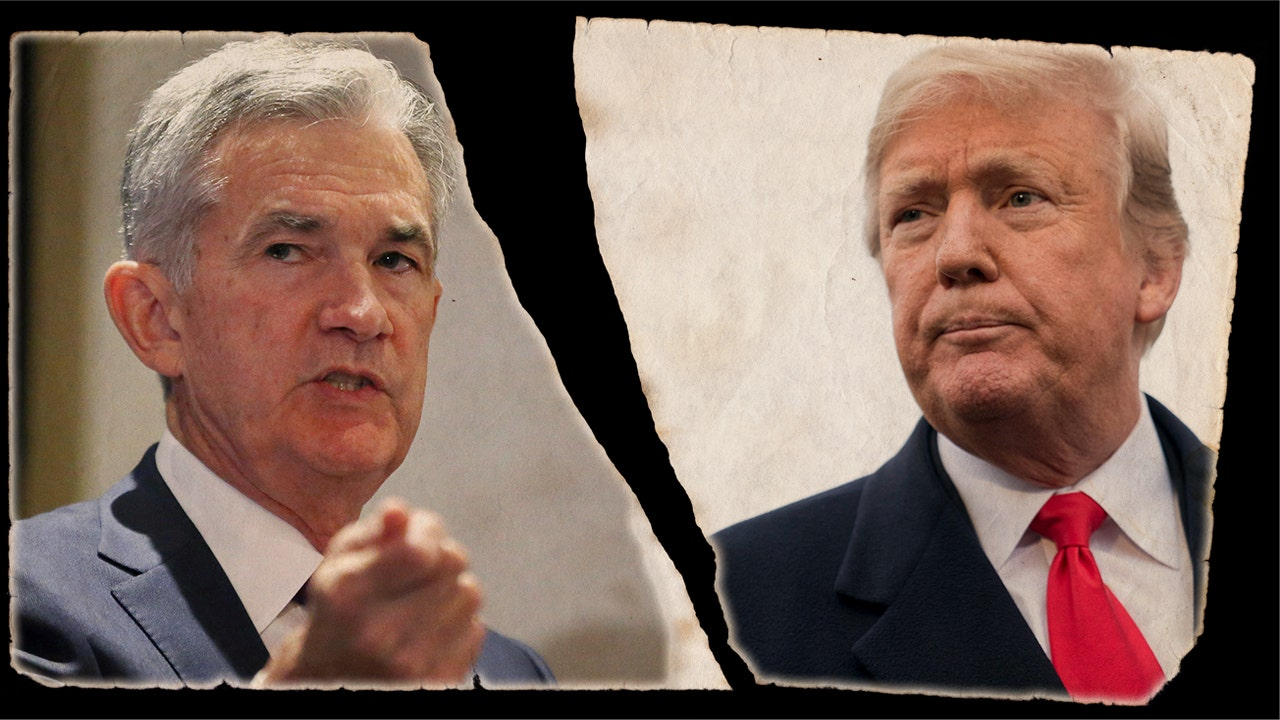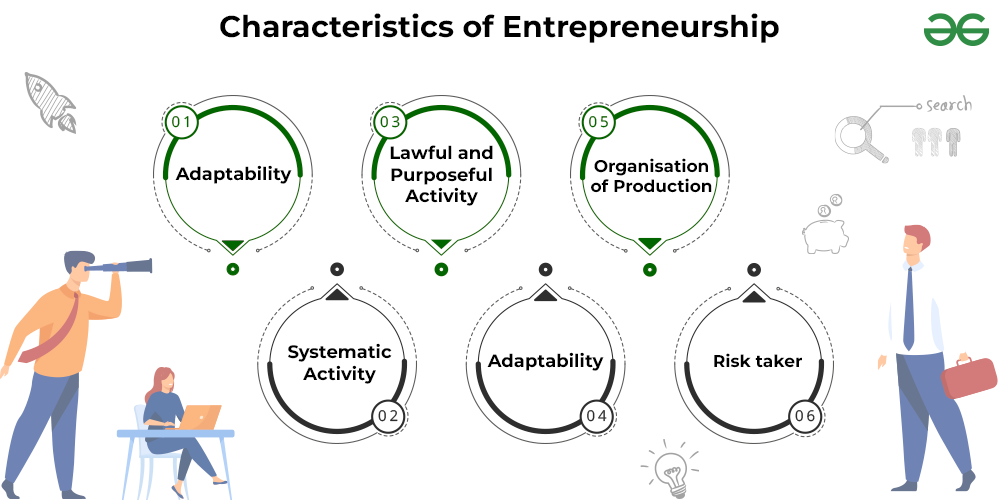When it comes to understanding personal finance and economic principles, money books recommendations can be invaluable resources for anyone looking to enhance their financial literacy. These best books on money cover a diverse range of topics, from the historical evolution of currency to practical strategies for managing personal finances. Delving into finance literature not only enriches our understanding but also empowers us to make informed financial decisions. Whether you’re a novice or an experienced investor, there are countless books about money management that can provide insightful perspectives and expert advice. Explore these personal finance recommendations to unlock a wealth of knowledge that can positively impact your financial future.
Exploring monumental works on financial education, we come across essential readings that illuminate the intricacies of wealth management and economic theory. Ideal for those keen on enhancing their fiscal acuity, these finance books span a variety of themes, including the mechanics of monetary systems and the ethical implications of economic practices. The discourse around these texts often extends to the profound effects of financial literacy on personal and societal levels. With the right economics books, readers can navigate the complex landscape of wealth creation and preservation. Engaging with these critical texts will undoubtedly foster a deeper appreciation for the world of finance.
Understanding the Value of Money in Today’s Economy
In today’s fast-paced world, understanding the value of money is more critical than ever. With economic fluctuations affecting everything from global markets to individual purchasing power, individuals must grasp the basics of money management. To help navigate these complexities, several experts recommend essential books that break down this multifaceted subject. For instance, ‘Money’ by Jacob Goldstein provides an insightful historical perspective that details how different forms of currency have emerged and evolved, providing clarity for anyone confused by the current economic landscape.
Moreover, the recommendations go beyond simple explanations of currency. Books like ‘The Future of Money’ by Eswar S. Prasad delve into the implications of digital currencies, something that is increasingly relevant in discussions about the modern financial system. Understanding these dynamics is vital, particularly in an era where cryptocurrencies and digital wallets are reshaping how we view and utilize money.
Top Money Books Recommendations by Experts
When it comes to financial literacy, expert recommendations can be incredibly valuable. Economists from Harvard have pointed out some significant titles that anyone interested in personal finance should consider. For example, Kenneth Rogoff’s ‘The Curse of Cash’ offers a detailed analysis of currency’s evolution, predicting the future trends of money management. This book is a crucial read for those seeking to understand how digital currencies may transform our economy.
Another noteworthy mention is Milton Friedman’s ‘Money Mischief,’ which, while academically rigorous, is also highly entertaining. Friedman’s accessible narrative helps readers appreciate the historical context of monetary policies that shaped our current financial practices. In compiling these money books recommendations, the overall theme suggests that both historical insights and future predictions are essential for acquiring a well-rounded understanding of economics and finance.
The Role of Central Banks: Insights from Finance Literature
Central banks play a pivotal role in shaping economic policies, and literature surrounding this subject can illuminate their complexities. Mohamed A. El-Erian’s ‘The Only Game in Town’ expertly discusses how central banks have adapted to crisis situations, especially following the global financial crisis. By analyzing the interplay between monetary and quasi-fiscal policies, readers gain a comprehensive understanding of how these institutions attempt to stabilize economies in turmoil.
Additionally, ‘The Ascent of Money’ by Niall Ferguson provides a historical narrative on finance, intertwining the development of banking systems with significant historical events. By exploring how debt and finance evolved, Ferguson illustrates the critical functions that central banks serve in our current economy. This blend of history and finance is not only enlightening but also essential for grasping the underlying principles of money management today.
Personal Finance Recommendations for Better Money Management
Mastering personal finance is a goal for many, and sourcing the right literature can significantly aid in this journey. Claudia Goldin’s ‘Career and Family’ encapsulates the challenges faced by working individuals, particularly women striving for balance in both arenas. By exploring economic trends and personal aspirations, the book guides readers toward understanding how economic decisions impact personal lives, thus enhancing money management skills.
Another critical title in personal finance literature is ‘The Price of Peace’ by Zachary D. Carter, which connects economic principles to broader societal issues. By examining John Maynard Keynes’s contributions, readers can appreciate how sound economic policies can foster personal and collective financial well-being. These recommendations help individuals navigate their financial paths with informed perspectives, which are crucial for fostering a better understanding of money management.
The Impact of History on Financial Principles
Historical context plays an essential role in understanding modern financial principles and economic theories. Larry Neal’s ‘The Forgotten Financiers of the Louisiana Purchase’ unveils the intriguing financial intricacies behind significant historical events, illustrating how money management was crucial to the United States’ expansion. This book highlights the importance of understanding past financial practices to navigate present challenges effectively.
Furthermore, ‘Ben Franklin: An American Life’ by Walter Isaacson not only chronicles the life of Benjamin Franklin but also provides insights into his forward-thinking approach to currency and finance. As a pivotal figure in American financial history, Franklin’s experiences reinforce the notion that understanding our financial past is essential for crafting a more informed future in personal finance.
Modern Interpretations of Cash and Currency
In the contemporary economic landscape, interpretations of cash and currency are rapidly evolving. Kenneth Rogoff’s ‘The Curse of Cash’ addresses this shift, exploring how the rise of digital transactions challenges traditional concepts of currency. His insights are geared toward understanding the implications these changes have on our financial systems, urging a reevaluation of how we interact with money.
As society moves towards a cashless future, it is important to consider the effects this transition has on economic policies and daily transactions. Rogoff’s thorough examination encourages readers to reflect on the historical significance of cash and the reasons behind its gradual decline. Such discussions are crucial for individuals eager to enhance their financial literacy in an increasingly digitized economy.
Understanding Debt: Its Historical and Modern Context
Debt has always been a complex aspect of finance, and understanding its historical context is vital for modern money management. Niall Ferguson’s ‘The Ascent of Money’ offers a comprehensive look at how debt has shaped economies through the ages. From ancient civilizations to contemporary fiscal policies, deconstructing the concept of debt helps to illuminate current practices in personal finance and investment.
Additionally, the literature surrounding debt emphasizes its dual role as a tool for economic growth and a potential pitfall for individuals. Insights from various economists underscore the importance of managing debt wisely to foster financial health. In a world where credit is readily available, recognizing the implications of borrowing can empower individuals to make informed decisions that safeguard their financial futures.
The Future of Money: Exploring Cryptocurrency and Digital Finance
As the concept of money continues to evolve, the rise of cryptocurrency represents a crucial area of study for individuals interested in finance. Eswar S. Prasad’s ‘The Future of Money’ presents a balanced account of the advantages and drawbacks associated with digital currencies. Through exploring central banks’ efforts to develop digital currencies, the book equips readers with knowledge to make informed decisions in a rapidly transforming marketplace.
Moreover, as society adapts to new technologies, understanding the implications of cryptocurrencies becomes essential for future financial strategies. The shift toward digital finance implies significant changes in how we perceive and handle money, making expert recommendations on this topic indispensable for anyone aiming to stay ahead in the financial game.
Insightful Narratives of Financial Innovators
Exploring narratives surrounding financial innovators can yield valuable lessons in money management. For example, Walter Isaacson’s portrayal of Benjamin Franklin not only highlights his multifaceted talents but also emphasizes his innovative ideas about currency. As the first official printer of paper money in the colonies, Franklin’s insights into financial systems remain relevant in today’s discussions about monetary policy.
Similarly, narratives like that of John Maynard Keynes, as described in ‘The Price of Peace,’ illustrate how visionary thinking can impact financial systems. By understanding the contributions of such figures, individuals can draw inspiration for their financial practices, encouraging a forward-thinking approach to managing their money and investments in a complex economic landscape.
Frequently Asked Questions
What are some of the best books on money that I should read?
Some of the best books on money include ‘Money’ by Jacob Goldstein, which entertainingly traces the history and concepts of currency. Additionally, ‘The Ascent of Money’ by Niall Ferguson provides a historical perspective on finance and debt, making it a must-read for anyone interested in understanding economic trends.
Can you recommend some personal finance literature for beginners?
Absolutely! For beginners, ‘The Total Money Makeover’ by Dave Ramsey is a popular choice that offers practical advice on budgeting and debt management. Another great option is ‘Your Money or Your Life’ by Vicki Robin and Joe Dominguez, which helps readers transform their relationship with money and achieve financial independence.
Which economics books should I read to get a better grasp of finance?
To understand finance deeply, consider reading ‘Freakonomics’ by Steven D. Levitt and Stephen J. Dubner, which explores economic concepts through intriguing real-world examples. ‘Capital in the Twenty-First Century’ by Thomas Piketty is another essential economics book that analyzes wealth distribution and its implications on society.
What are some highly recommended books about money management?
For effective money management, ‘The Millionaire Next Door’ by Thomas J. Stanley and William D. Danko offers insights into the habits of wealthy individuals. Furthermore, ‘Rich Dad Poor Dad’ by Robert Kiyosaki contrasts different attitudes towards money and investing, making it a classic in the realm of personal finance.
Are there any recent finance literature recommendations?
‘The Psychology of Money’ by Morgan Housel is a recent hit that delves into the behaviors and mindsets that shape our financial decisions. Likewise, ‘The Simple Path to Wealth’ by JL Collins provides straightforward investing advice that resonates well with current market conditions.
| Author | Book Title | Description |
|---|---|---|
| Jason Furman | Money | An entertaining history of what money is — and what aspired to be money but turned out not to be. |
| Jason Furman | The Future of Money | A reliable economic account of cryptocurrencies and the pros and cons of digital currencies by central banks. |
| Jason Furman | Money Mischief | An insightful scholarly examination of money by monetarism’s leading proponent. |
| Jason Furman | The Price of Peace | A biography of Keynes explaining his thinking on money’s effects on the economy and issues of war and peace. |
| Kenneth S. Rogoff | The Ascent of Money | A historical narrative connecting debt and finance from ancient history to modern banking, filled with wit. |
| Kenneth S. Rogoff | The Only Game in Town | Explores central banking’s role during financial crises and evaluates the effectiveness of quantitative easing post-crisis. |
| Kenneth S. Rogoff | Ben Franklin: An American Life | A biography that discusses Franklin’s contributions to monetary innovation, including paper currency. |
| Kenneth S. Rogoff | The Curse of Cash | Discusses the evolution of currency and regulation, relating past innovations to current digital currencies. |
| Claudia Goldin | The Forgotten Financiers of the Louisiana Purchase | An intriguing examination of the financial machinations behind the Louisiana Purchase. |
| Claudia Goldin | Career and Family | Explores the challenges faced by women seeking to balance careers and family over the past 120 years. |
Summary
For those seeking insightful money books recommendations, the selections from Harvard economists provide a treasure trove of knowledge. Not only do these books unravel the complexities of money’s role in our lives, but they also delve into the historical, economic, and personal narratives that shape our understanding today. From the entertaining histories of money to the profound insights into central banking, these recommended readings promise to enlighten anyone interested in the influence of money within economies and societies.
